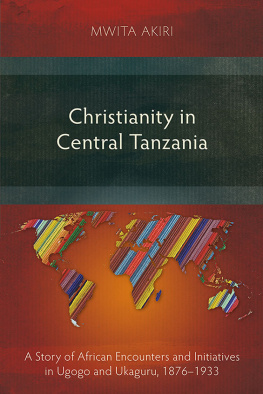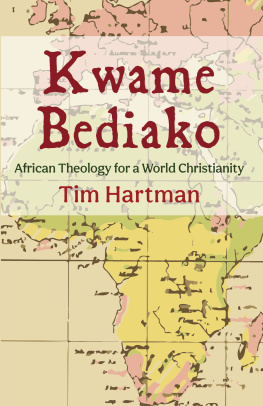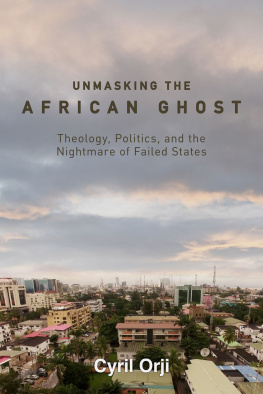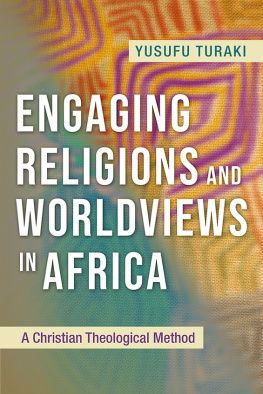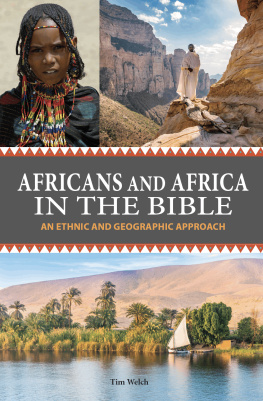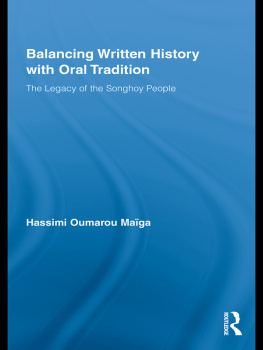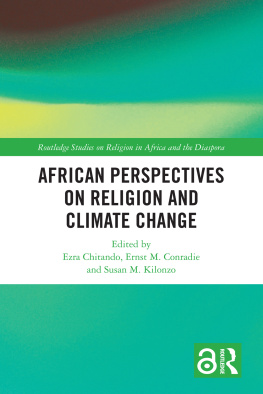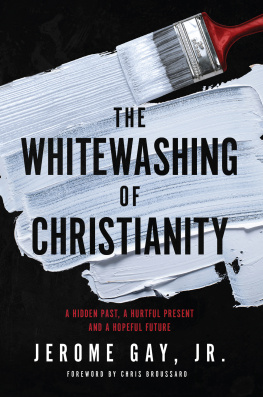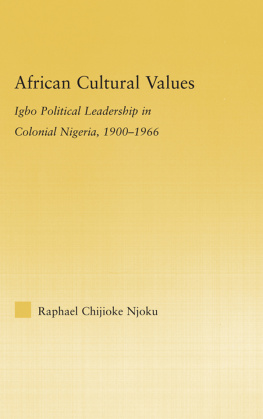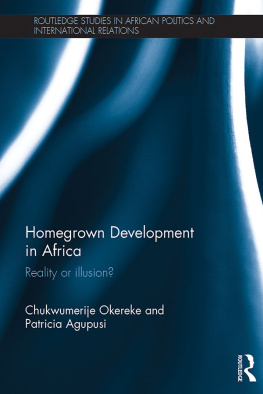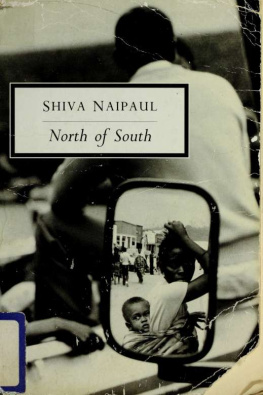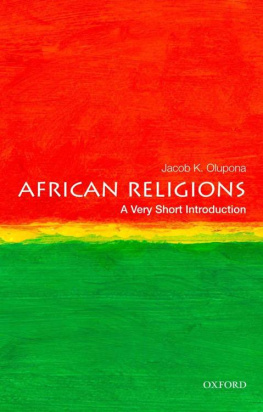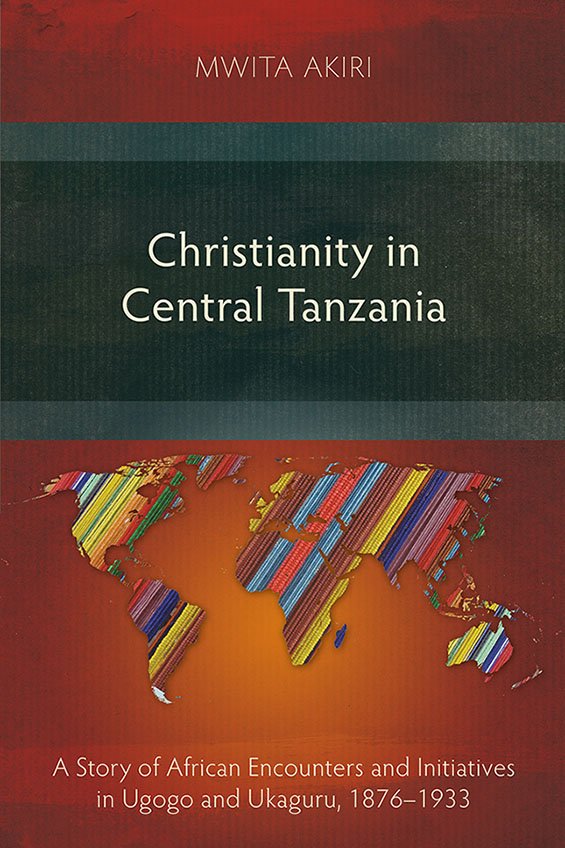
This long-awaited book by Mwita Akiri is a triumph of interdisciplinary scholarship. Making use of cultural studies, history, ethnography, and sometimes theology, he reaches some important and illuminating conclusions. For instance, the tensions between mission Christianity and the African cultural heritage could sometimes be creative and enriching, but were often far otherwise. African church workers gave surprisingly effective and influential leadership, but it usually fell below the radar of colonial mission societies (and most historians). And the colonial administrations first German, then British had a decidedly double-edged impact on Christian churches and schools. In his very thorough research, not only has Dr Akiri worked through the manuscript record and historical publications, but he has also interviewed dozens of men and women who participated in this history or had significant knowledge to share. This book has implications far beyond central Tanganyika before 1933, for it can be read as a particularly telling case study of the mutual impact of foreign missions and indigenous cultures worldwide.
Alan L. Hayes, PhD
Bishops Frederick and Heber Wilkinson Professor of the History of Christianity,
Wycliffe College, University of Toronto, Canada
Mwita Akiri is to be highly commended for this book which is likely to prove indispensable in any historical review and understanding of the period under its purview in the establishment of the church in central Tanganyika. Whereas previous texts have focused almost exclusively on the role played by foreign agents and Western missionaries in Eastern Africa and in Africa generally, Bishop Akiri seeks to explore the inarguably pivotal and central roles played by indigenous agents of Christian mission in Ugogo and Ukaguru. This book is based and grounded on oral and hitherto untapped primary sources to provide a rich and fresh understanding of the roots and spread of the present church in this area.
Mwita Akiris work is well written, persuasive and cogently argued. It immerses the reader in the world of the Gogo and Kaguru of Central Tanganyika in the second half of the nineteenth century, exploring their social worlds, culture and religions during this pre-Christian period and laying the ground for understanding the world that the pioneer missionaries encountered and sought to evangelize. It also discusses the threat of Islam which in a sense predated Christianity in the area.
Bishop Mwita Akiri knows this story well and tells it in a lively and convincing manner. His many years of work and residence in Dodoma, Central Tanzania, located in the heart of Ugogo and Ukaguru homelands, undoubtedly contributed to his deep understanding of this bygone era and space, and his sound reinterpretation and lively retelling of this rich and complex story. It will no doubt prove to be a rich resource for all interested in this story. I fully commend it. This work is a joy to read.
Aloo Osotsi Mojola, PhD
Professor, St Pauls University, Limuru, Kenya
Honorary Professor, Faculty of Theology,
Pretoria University, Pretoria, South Africa
In the Church Missionary Society histories of Anglican mission in Tanzania, little space has been given to the initiatives, contributions and experiences of indigenous teachers. Rather the spotlight was cast on the western missionaries who made great sacrifices in service to God.
This socio-historical study seeks to redress that bias in mission historiography. Written from an Afro-centric rather than Western-centric tradition, it sheds much-needed light on the indispensable role of the indigenous agents during the early mission years, 18761933.
This work is also more than a historical analysis. Weaknesses in the CMS mission model, namely irrelevant and non-contextual leadership training, and a legalism devoid of connection to African culture, has continuing relevance for the Anglican Church of Tanzania today and its struggles with nominalism. History is a great teacher and there are strong and abiding lessons to be learned from this study for the ongoing ministry of CMS in Africa.
Rev Canon Peter Rodgers
International Director/CEO,
Church Missionary Society, Australia
Africa is, in numerical terms, now the most Christian continent on the globe. But the African church is still wrestling with the question of what it means to be at the same time authentically African and authentically Christian. Mwita Akiris valuable in-depth study of the early years of the Anglican Church in Ugogo and Ukaguru (central Tanzania) reveals the problems left by misconceived missionary strategies of Christian education, but also the crucial role played by indigenous Christians both male teachers and Bible women in the shaping of modern Tanzanian Anglicanism.
Brian Stanley, PhD
Professor of World Christianity,
Director of the Centre for the Study of World Christianity,
University of Edinburgh, UK
Christianity in Central Tanzania
A Story of African Encounters and Initiatives in Ugogo and Ukaguru, 18761933
Mwita Akiri
2020 Mwita Akiri
Published 2020 by Langham Monographs
An imprint of Langham Publishing
www.langhampublishing.org
Langham Publishing and its imprints are a ministry of Langham Partnership
Langham Partnership
PO Box 296, Carlisle, Cumbria, CA3 9WZ, UK
www.langham.org
ISBNs:
978-1-78368-778-7 Print
978-1-78368-802-9 ePub
978-1-78368-803-6 Mobi
978-1-78368-804-3 PDF
Mwita Akiri has asserted his right under the Copyright, Designs and Patents Act, 1988 to be identified as the Author of this work.
All rights reserved. No part of this publication may be reproduced, stored in a retrieval system or transmitted, in any form or by any means, electronic, mechanical, photocopying, recording or otherwise, without the prior written permission of the publisher or the Copyright Licensing Agency.
Requests to reuse content from Langham Publishing are processed through PLSclear. Please visit www.plsclear.com to complete your request.
Scripture quotations are from Revised Standard Version of the Bible, copyright 1946, 1952, and 1971 National Council of the Churches of Christ in the United States of America. Used by permission. All rights reserved.
British Library Cataloguing-in-Publication Data
A catalogue record for this book is available from the British Library
ISBN: 978-1-78368-778-7
Cover & Book Design: projectluz.com
Langham Partnership actively supports theological dialogue and an authors right to publish but does not necessarily endorse the views and opinions set forth here or in works referenced within this publication, nor can we guarantee technical and grammatical correctness. Langham Partnership does not accept any responsibility or liability to persons or property as a consequence of the reading, use or interpretation of its published content.
Converted to eBook by EasyEPUB
To my parents, Tata Edward Mwita Akiri and Mayo Silibia Mugure Akiri, and my oral informants in Ugogo and Ukaguru.
Acknowledgements
Several individuals and organizations have contributed to the successful completion of this study. The fact that I cannot list them all here does not mean lack of appreciation or recognition for the part they have played. I am grateful to my British sponsors: the Langham Trust, who took a larger share of responsibility for my studies; Crosslinks, who made significant financial contribution through Langham and also paid maintenance costs for my family during my field research in Tanzania; and All Saints Educational Trust for paying almost half my fees direct to the University of Edinburgh for three years.

